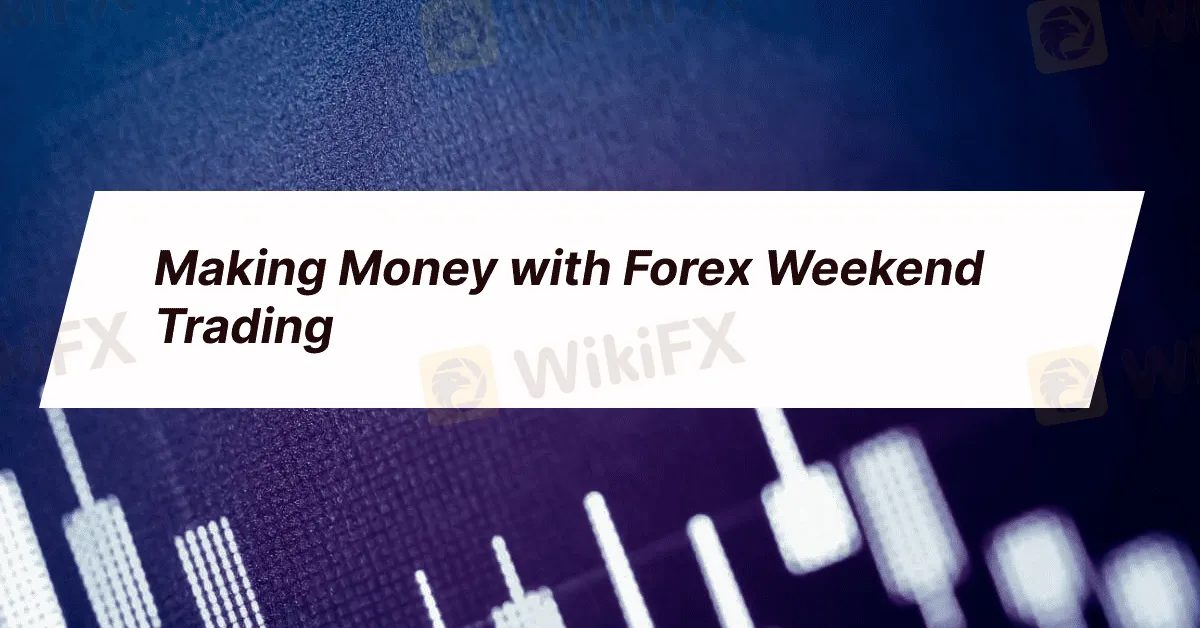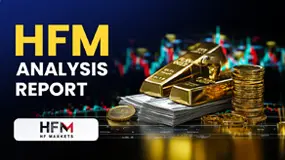Abstract:In this article, we want to explore why some traders turn to weekend trading, what risks and rewards it entails, and how you can make money on it.

In this article, we want to explore why some traders turn to weekend trading, what risks and rewards it entails, and how you can make money on it.
Forex weekend trading refers to taking positions on certain currency pairs or synthetic instruments outside the standard Monday-to-Friday market hours. In recent days, many forex brokers offer “weekend” or extended-hour products.
Why Trade Forex on Weekends?
- Extended Market Access: Many traders who have a full-time job can only monitor charts during the evening hours. Weekend sessions provide opportunities without time-zone constraints.
- News and Events: Geopolitical events dont adhere to weekday schedules. Weekend announcements can create fresh price trends before regular sessions open.
- Volatility and Gaps: Thin liquidity in weekend sessions often leads to larger price swings or “gaps” when the market reopens on Monday.
Instruments Available
- Exotic Currency Pairs: Brokers may offer USD/TRY, USD/ZAR, or other less-liquid crosses on Saturday and Sunday.
- Crypto-Forex Crosses: Pairs like BTC/USD or ETH/EUR trade 24/7; many platforms blur the line between crypto and FX, enabling weekend forex-style trading.
- Synthetic Weekend CFDs: Some brokers create synthetic instruments mirroring FX moves, allowing weekend exposure without direct interbank orders.
Key Risks
- Low Liquidity: It will be wider spreads and slippage risk, which means your buy price may be substantially worse than expected.
- Overnight Funding Costs: Many brokers charge higher financing fees for holding positions through non-standard hours.
- Price Gaps: A sharp move against your position over the weekend can trigger stop-losses at unfavorable levels or widen losses before liquidity returns.
Proven Weekend Strategies
- Gap-Fade Technique
- Setup: Identify currency pairs that gapped significantly at Monday open after a geopolitical weekend event.
- Execution: Short (or long) a portion of the gap, aiming to “fade” half its size before momentum resumes.
- Risk Control: Place stops beyond the full gap size; target 50–70% retracement.
- News-Driven Breakouts
- Setup: Monitor scheduled weekend speeches or reports.
- Execution: Enter on a confirmed breakout of a tight consolidation range once the news is priced in.
- Risk Control: Use tight initial stops and scale into the trend only after volatility subsides.
- Range Scalping in Extended Hours
- Setup: During Saturdays session, identify narrow daily ranges on exotic pairs.
- Execution: Buy the low and sell the high of the hour-long mini-range, capturing small but consistent profits.
- Risk Control: Limit each scalp to 5–10 pips with instant execution; avoid holding beyond 30 minutes.
Practical Tips for Success
- Choose the Right Broker: Compare weekend spreads, swap rates, and execution quality before committing capital.
- Adjust Position Size: Reduce lot sizes to account for wider spreads and potential overnight gaps.
- Set News Alerts: Use an economic calendar app to stay informed of any late-weekend releases.
- Demo First: Practice your weekend strategy in a risk-free account to gauge typical liquidity and slippage.
Conclusion
Forex weekend trading offers a unique avenue to extend your trading hours, react swiftly to after-hours news, and potentially profit from weekend price swings. However, the lower liquidity and higher costs demand disciplined risk management and well-defined strategies.

Disclaimer:
The views in this article only represent the author's personal views, and do not constitute investment advice on this platform. This platform does not guarantee the accuracy, completeness and timeliness of the information in the article, and will not be liable for any loss caused by the use of or reliance on the information in the article.









